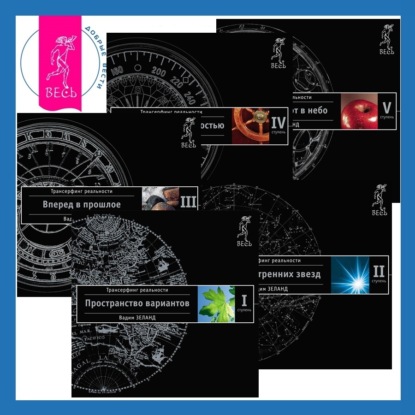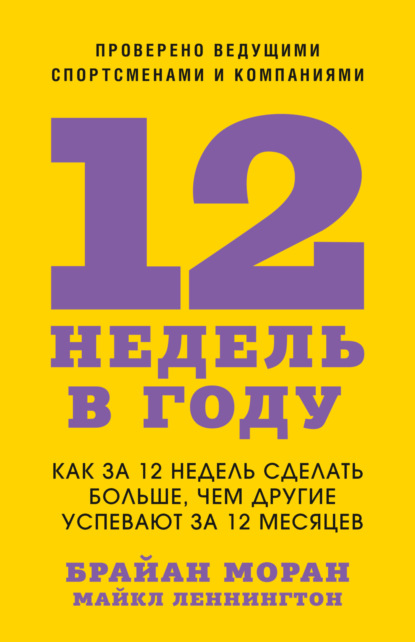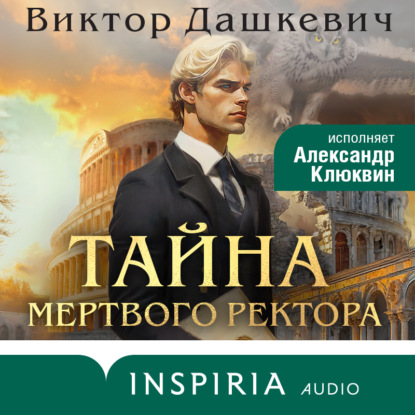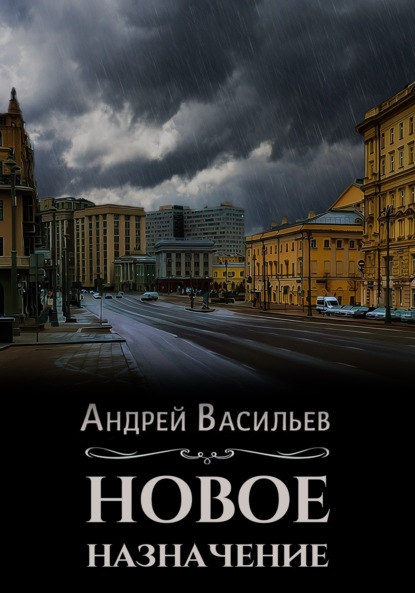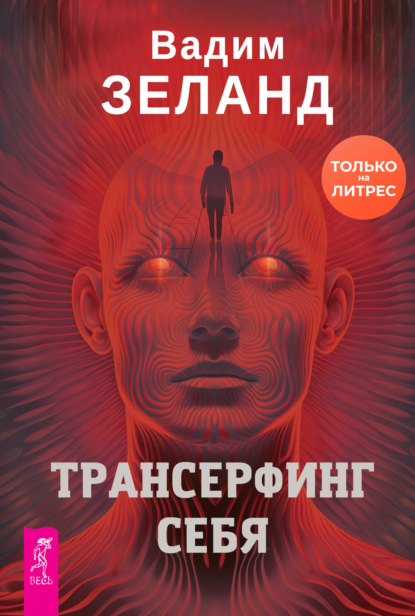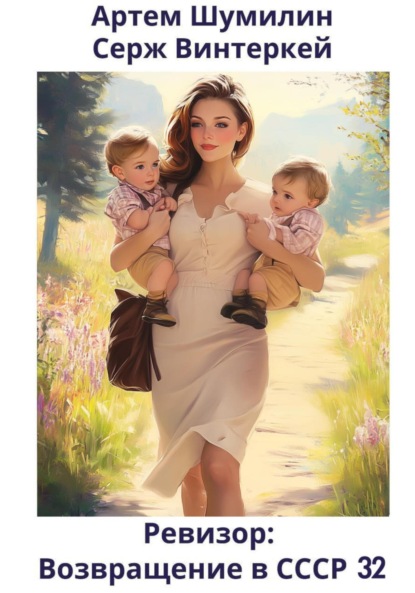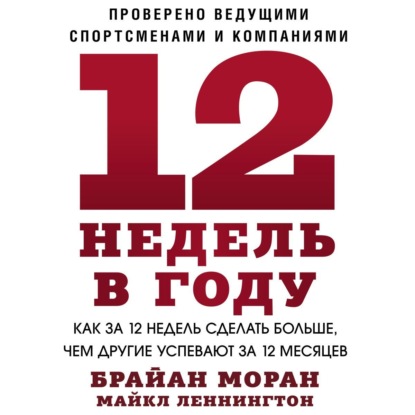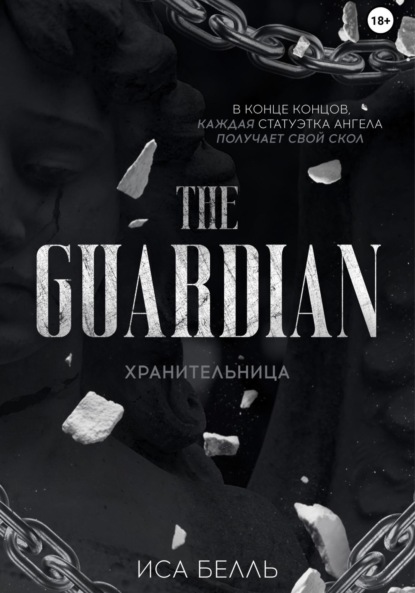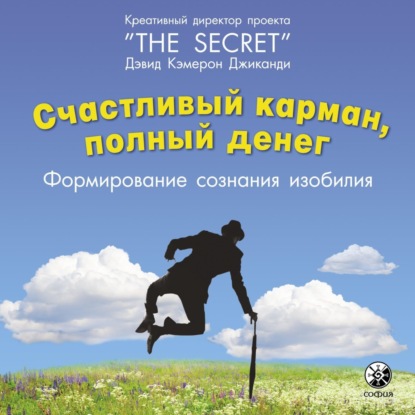Excerpt from The Modern Teacher: Essays on Educatioal Aims and Methods
One of the best auguries for the progress of Education in this country is the freedom with which its methods and ideals are now being canvassed. A generation ago, educational reformers were few in number and were held in little regard: their influence was mainly confined to their own respective circles, and, for the rest, our Schools and Colleges - St. Edward's and St. Ignavia's, as D'Arcy Thompson called them - went their habitual way, contented to range within narrow limits and to acquiesce in an established and comfortable routine. But, during recent years, the changes have been rapid and continuous; the outlook of educational theory has been vastly widened; in the domain of practice there are now few traces of routine and almost none of acquiescence.
This growth of independent opinion is well exemplified by the volume of essays here presented. The writers are men of high repute, not only masters but skilled exponents of the subjects with which they deal; and it is interesting to observe from what diverse angles they bring their judgments to bear upon the central theme. "What," asks the reader, "is the chief aim of Education?" "The training," says one, "of good citizens." "The service of the community," says another, "through the extension of scientific knowledge." "The quickening of the spirit," says a third, "through the emotions and the sense of beauty."
About the Publisher
Forgotten Books publishes hundreds of thousands of rare and classic books. Find more at www.forgottenbooks.com
This book is a reproduction of an important historical work. Forgotten Books uses state-of-the-art technology to digitally reconstruct the work, preserving the original format whilst repairing imperfections present in the aged copy. In rare cases, an imperfection in the original, such as a blemish or missing page, may be replicated in our edition. We do, however, repair the vast majority of imperfections successfully; any imperfections that remain are intentionally left to preserve the state of such historical works. Это и многое другое вы найдете в книге The Modern Teacher




